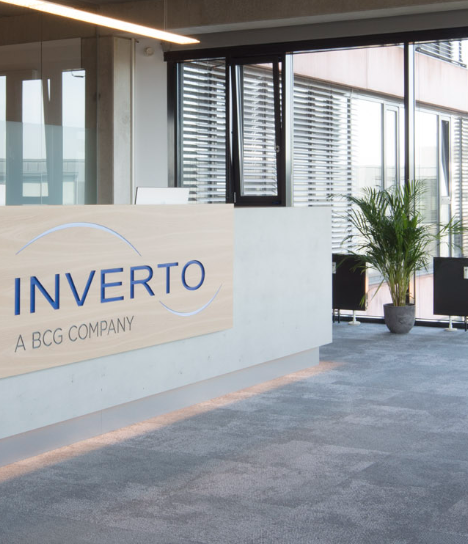In spite of the challenging financial climate, there are several key tips and tricks that businesses are able to implement to effectively mitigate inflation and supply issues says Thibault Lecat.
Cost optimisation has never felt so significant, with global supply issues, the Ukraine War, and the lingering effects of the pandemic all taking their toll. The latest ONS report shows inflation has reached 9.1% and will rise to 11% by the autumn, bringing further cause for concern. These challenges are not just short term ‘bumps in the road’, they are likely to persist well into the coming years and their mitigations need to become fundamental parts of a company’s future set-up. So what can a hospitality company do to navigate these choppy waters? We propose five ways in which you can respond to today’s challenges.
Diversify
The savings once found in international supply chains are no longer there, prompting many businesses to buy local. This option is great for the planet and mitigates your exposure to geopolitical events, however, food is a unique commodity and cannot be produced everywhere. For groceries that can’t be cultivated in UK, ensure your supply chain is not reliant on only one producer but instead comes from dual or multiple sources and countries to mitigate the risk of shortfalls.
Be precise with your forecasting
In times of scarcity precise forecasts of what supplies you need and when will reinforce the ties between you and your supplier and help you to get what you desire. Precise forecasting facilitates the supplier’s own planning and therefore, if there are not enough supplies, suppliers will prioritise those clients with clear and binding agreements.
Make friends with your suppliers
Foster a stronger relationship with key suppliers by signing longer contracts and working more closely together. Ensuring a good relationship with your vendors will enable transparency on internal issues that might impact you. By working in partnership, you can solve problems together and search for better solutions as a team. Furthermore, building trust and loyalty works to prevent unnecessary price rises and supply disruption, which is crucial in the current climate.
Re-examine and refine your offer to consumers
Audit the products and materials you provide to consumers and, during that process, identify and move away from the categories at the highest risk from inflation or supply disruption. Questioning fundamentals, such as the materials used to build the product and the subsequent changes that can be made can produce immediate cost reductions. By identifying the items that fall into the categories of high and low profitability and popularity, you will be able to amend and refine where necessary to reduce losses and exposure to volatilities.
Be Bionic!
It’s imperative to use digital technology within your procurement process or run the risk of being left behind by competitors. Furthermore, software-based risk management processes to monitor supply chain risks will help you to continue to operate and serve clients even under the current challenging supply chain conditions.
There is no silver bullet to mitigate for inflation and supply shortages but being proactive is key – the last two years have demonstrated how slow reaction times can have catastrophic results. While one crisis might curtail, the next one might be just around the corner so forecast where possible and map out your supply chain in detail in anticipation to remain capable of delivery while others aren’t.
Thibault Lecat is a Managing Director in London and Regional Leader for Western Europe at international procurement and supply chain management consultancy INVERTO (www.inverto.com), a part of the Boston Consulting Group.
The piece was first published by The Caterer here: https://www.thecaterer.com/business/how-to-mitigate-inflation-supply-issues
